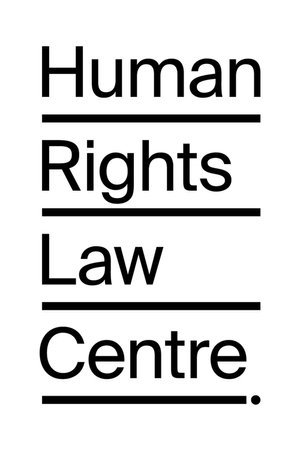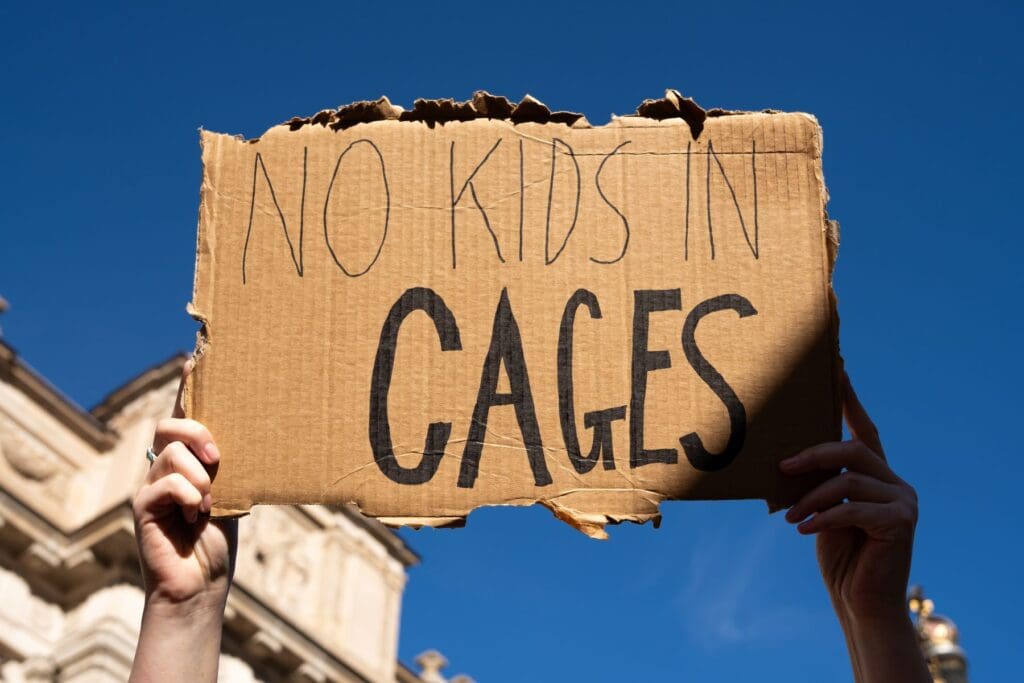Secrecy laws undermining Australian democracy, reform needed
Australia’s complex web of secrecy laws are undermining democracy and silencing whistleblowers, journalists and human rights defenders, the Human Rights Law Centre, Transparency International Australia and Griffith University’s Centre for Governance and Public Policy said today.
In a joint submission to a review of secrecy provisions by the Attorney-General’s Department, the three organisations have called on the Albanese Government to swiftly repeal the worst excesses in Australian secrecy laws and strengthen safeguards for whistleblowing and public interest journalism.
A consultation paper released by the Department identified more than 800 different secrecy provisions across federal law. Previous changes to Australia’s general secrecy provisions under the Turnbull Government expanded their scope and significantly increased potential jail-time.
The joint submission’s recommendations include:
-
The introduction of a serious harm requirement across all secrecy offences
-
Reform to minimise application to non-public servants
-
A reduction in penalties to ensure proportionality
-
Robust exemptions for whistleblowers, human rights defenders and journalists
The secrecy provisions review was recommended by several parliamentary inquiries, including press freedom reviews conducted following the raids on News Corp journalist Annika Smethurst and the headquarters of the ABC in 2019.
Kieran Pender, Senior Lawyer at the Human Rights Law Centre, said
“Australia’s secrecy laws at present have no place in a healthy democracy. They are sweeping, disproportionate and lack robust safeguards and oversight. They pose a daily risk to whistleblowers, human rights defenders and journalists – and are having a chilling effect on accountability. There is a need for urgent reform.”
Clancy Moore, CEO of Transparency International Australia, said:
“A transparent Australia is a better Australia. The Albanese Government must embrace this opportunity to narrow these laws and ensure they only apply where there is a genuine public interest in confidentiality. Right now, secrecy laws are allowing government wrongdoing to go hidden, while brave whistleblowers are punished for doing the right thing.”
Professor AJ Brown, Griffith University’s Centre for Governance and Public Policy and Transparency International Australia board member, said:
“We welcome this important review and the Government’s recognition of the risk posed to Australian democracy by excessive secrecy. But this reform process is one part of a wider overhaul needed – including comprehensive whistleblowing reform, the establishment of a whistleblower protection authority, robust press freedom protections, stronger safeguards for open justice and more funding for freedom of information processing.”



Media Contacts:
Thomas Feng, Media and Communications Manager, Human Rights Law Centre, 0431 285 275, thomas.feng@hrlc.org.au
Clancy Moore, CEO, Transparency International Australia, 0410 508 051, clancy.moore@transparency.org.au
Media Enquiries
Chandi Bates
Media and Communications Manager

University of Melbourne urged to drop repressive anti-protest and surveillance policies
The University of Melbourne is being urged to abandon policy changes that restrict staff and students’ right to protest and permit the widespread surveillance of people using their wifi network.
Read more
Expanded protections for marginalised groups welcomed in Allan Government’s anti-vilification laws
The Human Rights Law Centre welcomes the additional protections for marginalised groups in anti-vilification laws passed today by the Allan Government. These laws expand protections from vilification to include people from LGBTIQA+ and disability communities, and provide communities with important civil law avenues to address vilification.
Read more
Aboriginal human rights experts take Australia’s racist youth justice policies to the UN
Aboriginal leaders are calling on the United Nations to take urgent action to address Australia’s discriminatory and punitive youth justice policies
Read more


